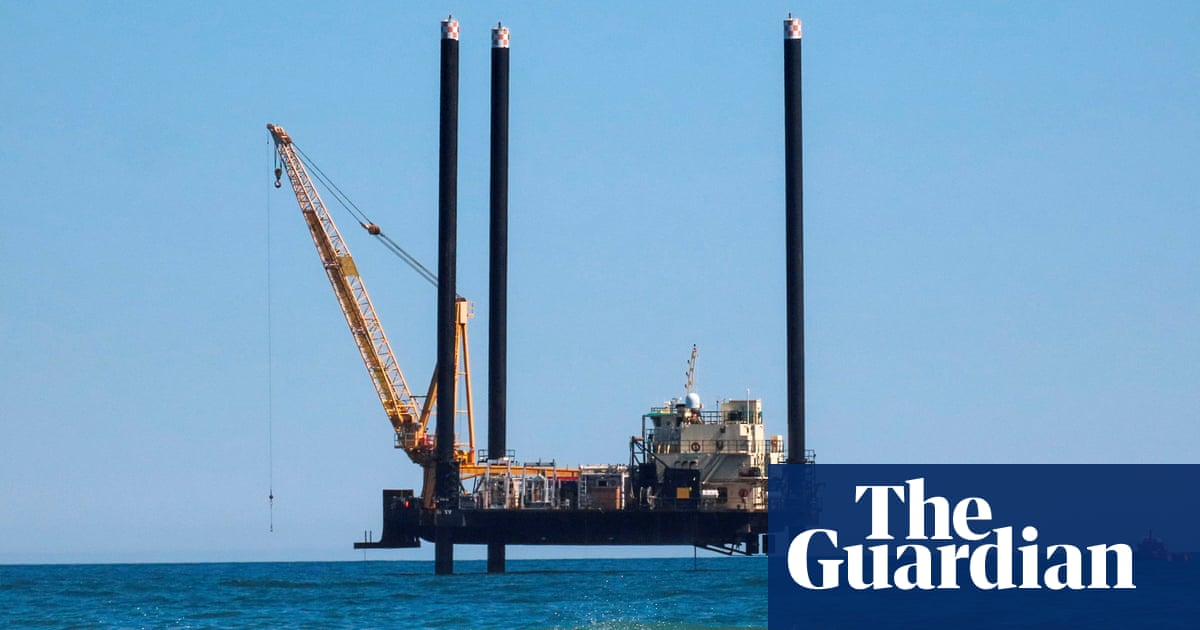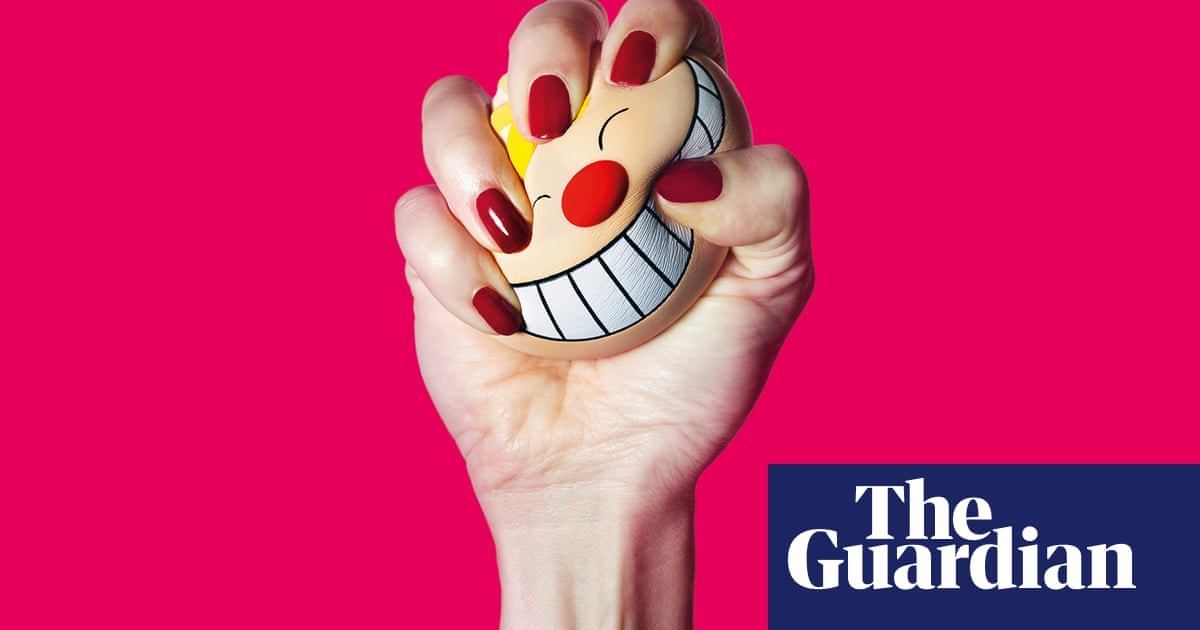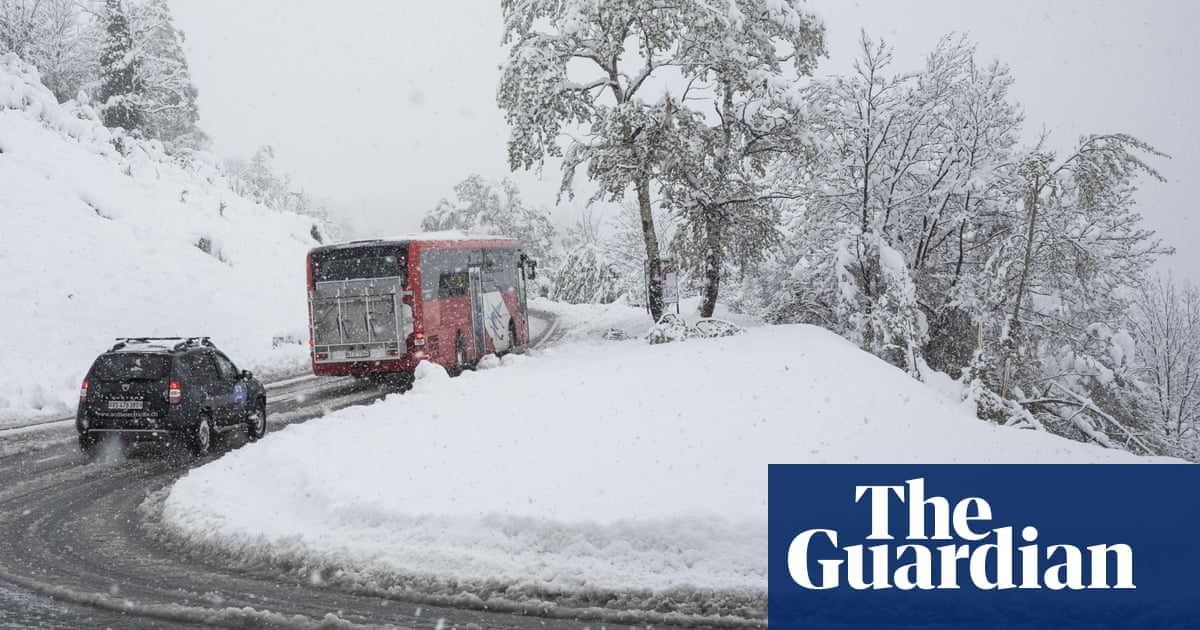Donald Trump is rather obviously the worst thing to happen to Canada since, well, the last time Americans tried to invade. But another possibility is brewing, if in a quiet, careful, Canuckian way: that he could also be one of the best.
Trump’s threats towards Canada appear delusional. But it’s useless to ask if his remarks about the “51st state” are a joke. He doesn’t joke about things he doesn’t want, and the jokes are designed to soften the ground. He says Canada is freeloading militarily (because the two countries both defend the Arctic). He says the US is subsidising Canada economically (because Americans buy Canadian oil). He says fentanyl is flooding over the border (it isn’t). He wants to renegotiate that border, calling it “artificial” (like every other border on Earth). Now he has taken concrete action, slamming 25% tariffs on the crucial car industry (which was better integrated with the US in 1965 to help American companies sell more American cars). Trump’s 90-day global tariff pause, announced Wednesday, does not apply to the tariffs on Canada.
If Trump makes good on the claim that he can “permanently shut down automobile manufacturing business in Canada”, it would decimate the Golden Horseshoe economic powerhouse region around Lake Ontario. The hurt is already real. Stocks on the TSX have decreased about 9% since its position in January before inauguration. Jobs fell last month for the first time in more than two years. Stellantis (formerly Chrysler Canada) has closed a plant. Unions feel betrayed by their US comrades for selling them down the river. A major biotech firm in Toronto has gone bankrupt.
But Trump has made a mistake. He has taken that old South Park line seriously: he has blamed Canada. The whole point of the joke is that it’s inherently ridiculous for the most powerful state in history to lay its problems at the feet of its small, friendly neighbour. And Canadians have been willing to troll Trump back, joking that if Canada joined the US, it would be a blue state. Or that Canada burned down the White House 200 years ago and will do it again (former prime minister Jean Chrétien, 91, joked that this was still an option, although he’s “too old to do it”).
Internally, Trump has inspired a level of solidarity that has not been seen in decades, even in what Justin Trudeau once called the world’s “first postnational state”. “Elbows up” memes are flooding social media, referring to hockey legend Gordie Howe’s tactic of using his elbows to rather aggressively defend himself. Shoppers are using an app called Buy Beaver to boycott US products. You know economic patriotism is real when the most leftwing political party suggests victory bonds that could be deducted from your pay to help you invest in Canada.
If it’s fair to say that being cut off from the US would hurt Canada economically, then it’s also true that Canadians are being shaken out of a reliance on their neighbour. Canada has been so close to the world’s richest economy for so long, it’s easy to forget it has two coasts facing the second and third richest: Europe and China. It’s already the world’s eighth largest food exporter. And with the US abolishing renewable energy subsidies, Canada could become a green economy leader – not least by expanding its nuclear industry for export. Relying on the US has been a crutch: any business student knows you get a better price if you have multiple customers.
Canada could also find a new ally in … itself. US-Canadian trade was worth $762bn (£597bn) last year, and about 77% of its exports go to the US, but a still sizable $373bn was traded across Canadian provinces. There are internal tariffs and barriers for trade between provinces which mean, for example, that it can cost C$60 (£33) in Ontario for a C$15 bottle of British Columbia red. Last month, the trade minister cut those exceptions in half. The Globe and Mail newspaper argues that new rules will probably encourage the country’s Maple 8 pension funds – massive global investment players with $2tn to play with – to invest more heavily in Canadian firms.
And overall, Canada hasn’t actually come off too badly from Trump’s cunning plan to destabilise the global economy. With Ontario’s premier, Doug Ford, promising $11bn to support the auto industry, and the Canadian prime minister, Mark Carney, saying its own retaliatory 25% tariff would go to affected workers and firms, auto production and investment could weather the storm, if not thrive. With Europe and China potentially facing tariffs of 20% and more than 100% respectively, deals with Canada on all sorts of goods will start to look pretty appealing.
Then there’s Trump’s sudden reversal of that subject of decades of Canadian hand-wringing: the brain drain. How many health experts canned from the Centers for Disease Control, or scientists whose research was cancelled, or hotshot students terrified of being grabbed by men in masks, pushed into unmarked cars and disappeared indefinitely into camps run by private companies, will choose Canada instead? Immigration is already one of the country’s great strengths. The US snubbing its nose at the inscription on its own Statue of Liberty is only to Canada’s gain.
Last but not least, Trump is somehow engineering the reverse political trick in Canada of the one he’s famous for in the US: instead of helping more clones of himself win office, his threats have left Trumpy Canadian candidates out in the cold. The Conservative party leader, Pierre Poilievre, who is unable to attack Trump as it’s pretty clear he’s a fan, has seen his 25-point lead evaporate.
“We must now think about how we ensure that the country survives in a way that we haven’t had to think about before,” the historian Margaret MacMillan recently told the Globe. Divorce encourages new relationships. Trump the bully became dimly aware recently that nobody likes the US any more when he anxiously posted in the middle of the night that the EU and Canada better not band together or else he’d hit them even harder, “in order to protect the best friend that each of those two countries has ever had!” Is it possible for a country to eyeroll?
Canada’s $2tn economy is one-fifteenth the size of America’s $30tn one. There’s no winner in an all-out war, but there’s definitely a bigger loser. What can’t be bad, though, is that Trump has caused Canada to come together and start re-evaluating its role in the world. In 1866, when the US decided – unilaterally, of course – to stop respecting the Canadian-American Reciprocity Treaty, it spurred Canada to finally build railroads across the country, and ultimately to welcome Manitoba and British Columbia into confederation. It was also, not coincidentally, the last time Americans tried to invade.
-
Chris Michael is a Guardian US live news editor, host of the Reverberate podcast and editor of Seascape: The State of Our Oceans

.png) 1 week ago
9
1 week ago
9













































